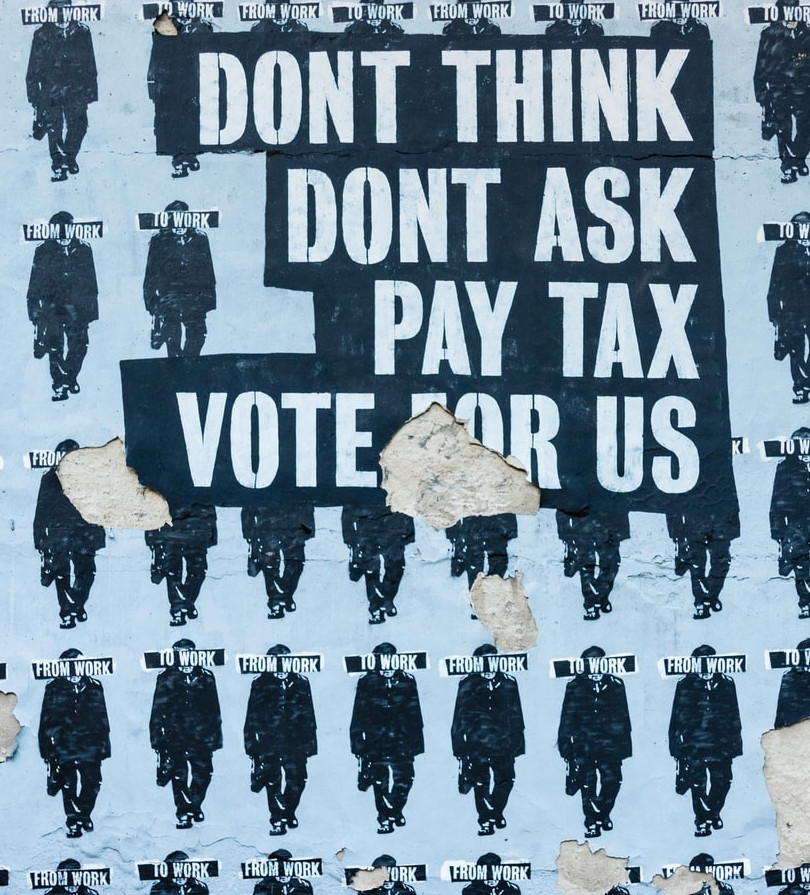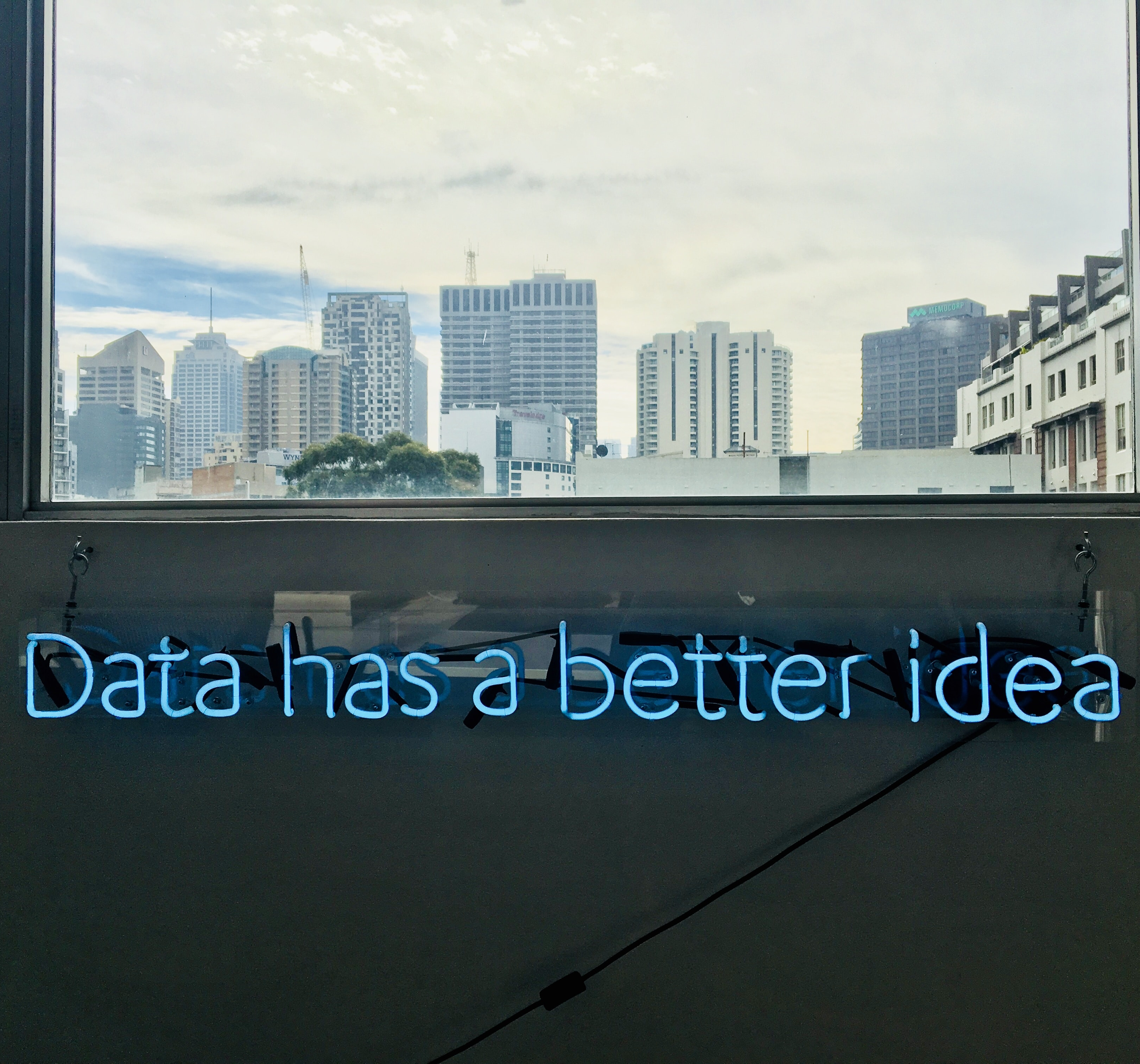Artificial Intelligence in Theory and Praxis
The class focuses on understanding theories, applications, and impact of algorithms that fall in the broader field of artificial intelligence. Students learn by case studies, examples, and hands-on coding classes the capabilities, limits and issues of artificial intelligence. The course introduces basic theoretical frameworks and methods of artificial intelligence, as well as social, ethical and political consequences of the use of algorithms today.





